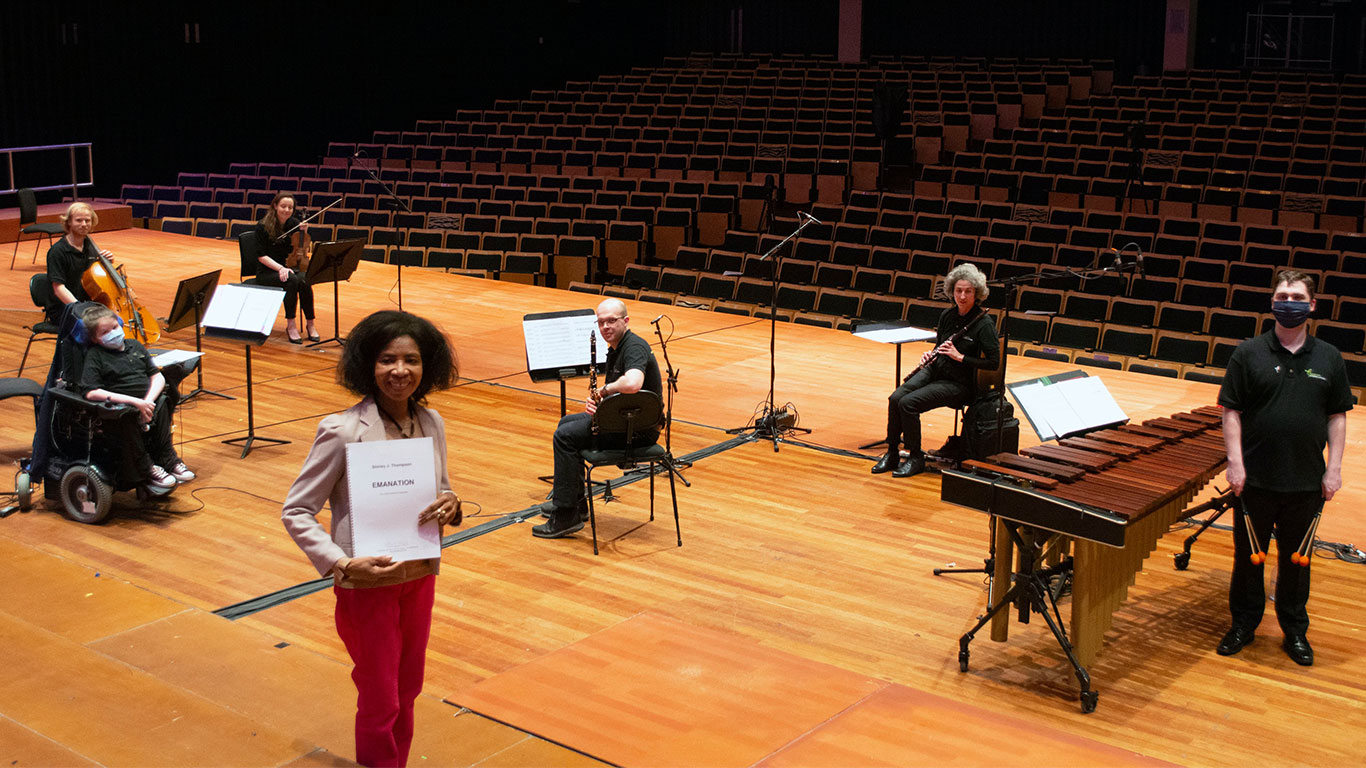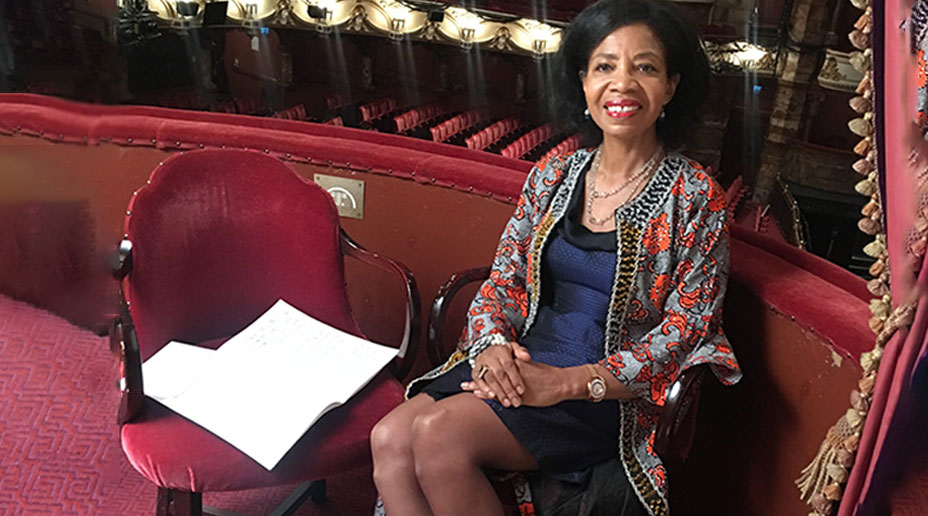Several of my works have gained notice, possibly when I Ieast expected it! I am very proud of the fact that my co-scored ballet PUSH toured to every major opera house worldwide, including Sydney Opera House, the Mariinsky Theatre in St Petersburg, and the New York City Center, as well as the major European houses from London’s Royal Opera House and Théâtre des Champs-Elysées to Teatro Real in Madrid.
I’m also very proud of my work, New Nation Rising: A 21st Century Symphony for full orchestra, youth and adult choirs, solo singers & spoken word artist composed for HRH The Queen to commemorate her Golden Jubilee. I met HRH The Queen and HRH Prince Phillip on their visit to east London when my London Symphony Anthem from the symphony, was performed in her presence and featured on BBC News that day! In addition, the concept for the work, a 1,000-year history of London from 1066 featuring pivotal periods such as the Industrial Revolution, provided the framework for the 2012 London Olympics Opening Ceremony.
Over the last 10 years I have been concentrating on my Heroines of Opera series of chamber operas for solo singer/s, speaker/s, dance, video and orchestra that feature iconic women in history that have been mostly overlooked in mainstream historical narratives. This innovative series overturns the operatic convention of women in morally weaker roles or as femme fatales. The series includes: The Woman Who Refused to Dance; Dido Elizabeth Belle; Sacred Mountain: Incidents in the Life of Queen Nanny of the Maroons; and Women of the Windrush.

